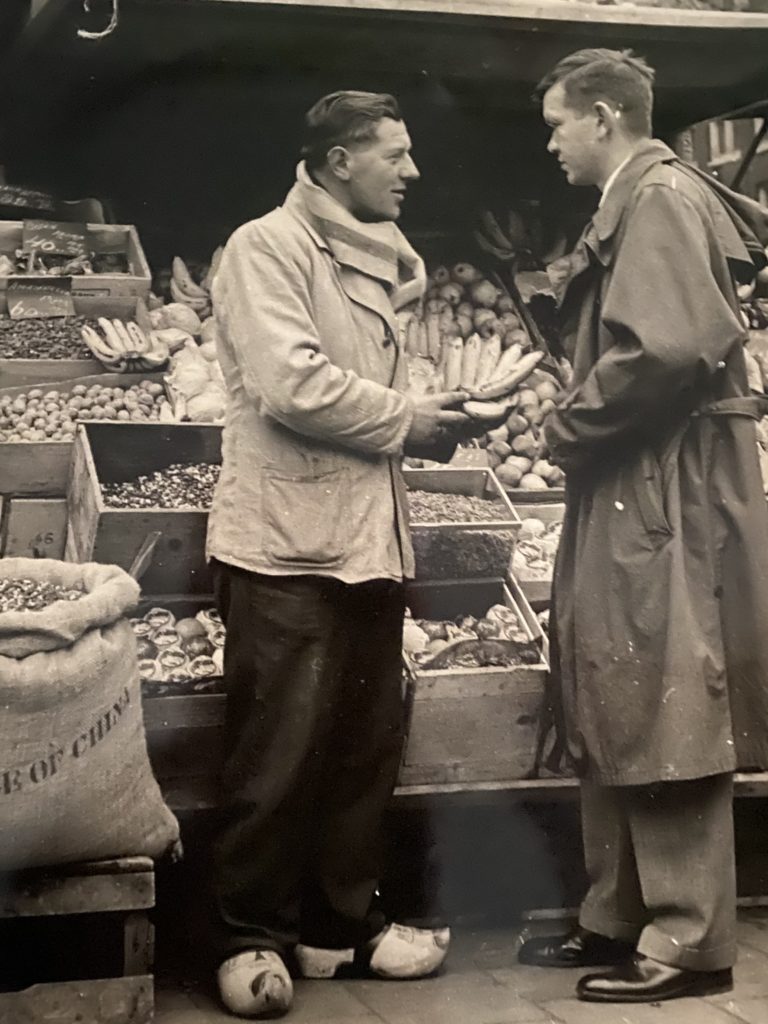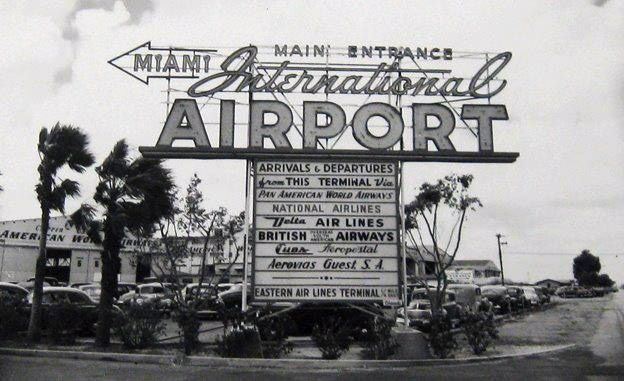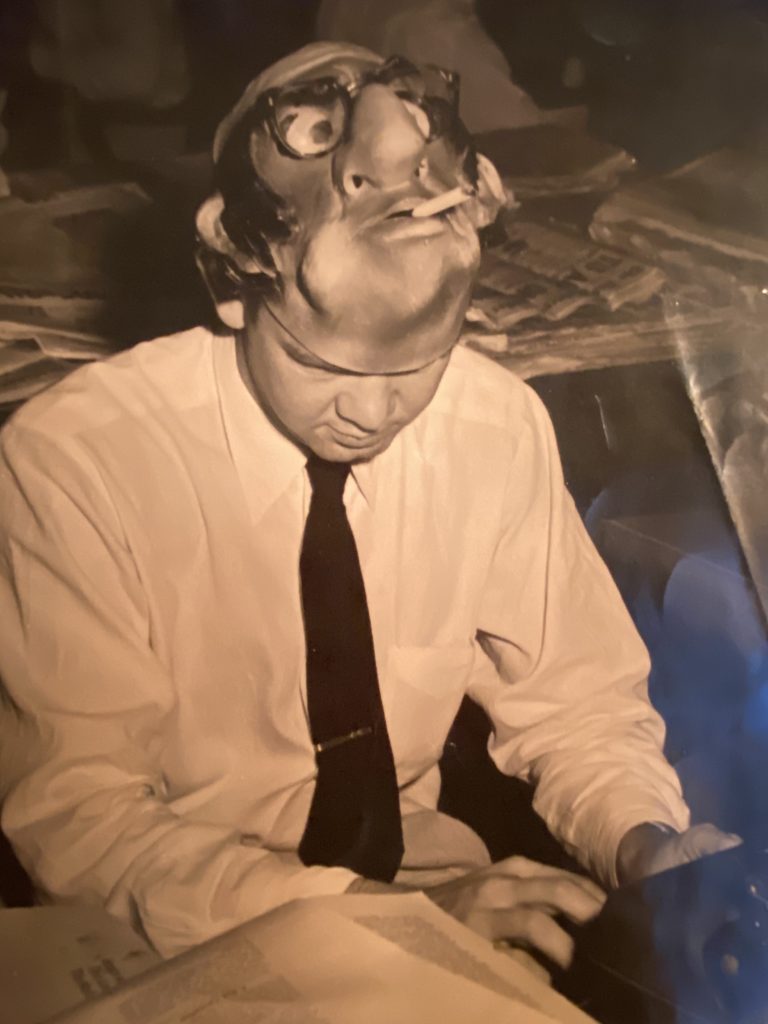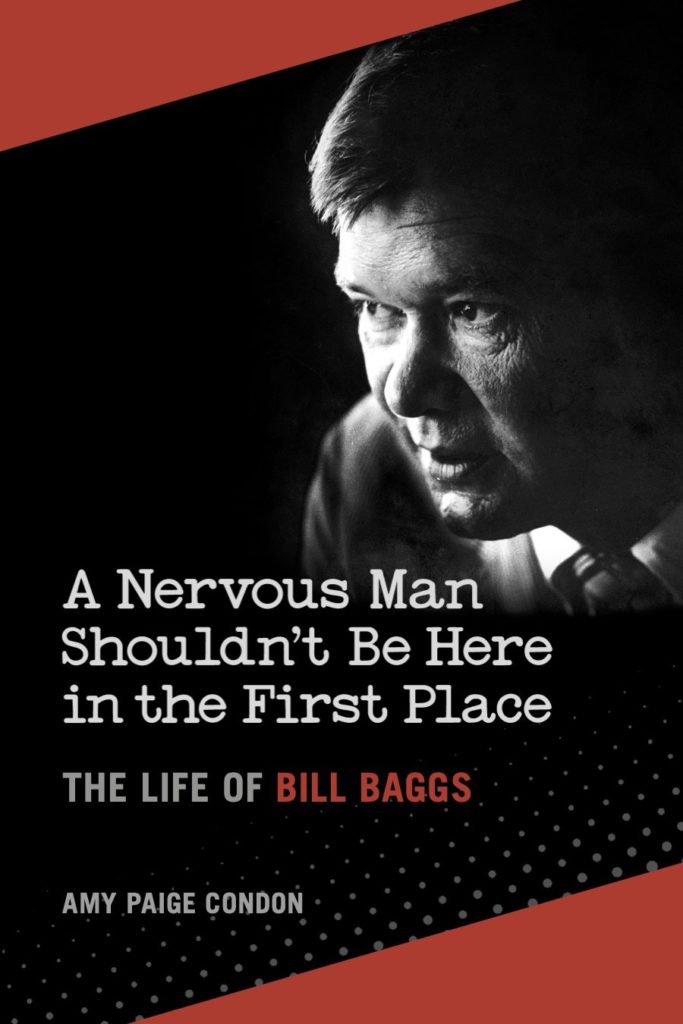Don’t feel bad if you have never heard of Bill Baggs. He wouldn’t have minded. Amy Paige Condon hadn’t heard of him either until her first day on the job with the park planning office in Miami-Dade. She stood among the wreckage of Hurricane Andrew, looking up at the teetering Key Biscayne lighthouse, in Bill Baggs Cape Florida State Park. It was only the first of many encounters with his ghost.
Years later, in a creative writing class, Condon met an older woman who seemed unenthusiastic about her own work. Condon pressed her about what she really wanted to write about. “My husband,” she said. The woman was Frec Baggs. Condon struck up a friendship with the widow Baggs and began researching his story in earnest.
Baggs left behind plenty to read. “There’s 30 boxes of his papers at the University of Miami in the special collection,” Condon says. “You open these boxes and you start going through the files and I just decided to start with one and just keeping going. There’s a letter to Bobby Kennedy saying, ‘Your brother said he wished he had two Bobbys.’ There’s the letter he wrote Bobby Kennedy encouraging him to enter the race in 1968. There were letters back and forth with Fidel Castro, where he was bold enough to just say, ‘You know, I don’t think you’ve got the goods to be a good leader.’”

At every turn, she uncovered Baggs’ involvement in yet another important world event. “He was Forrest Gump-ian in that way.”
Baggs’ father died when he was three weeks old, and his mother when he was 12. He moved to Colquitt, Georgia, a tiny rural town but he made an impression on it. Elected valedictorian of his high school class, he opted to work for a newspaper in Panama, rather than attend college. He flew bombers in WWII, mostly in Italy, then returned home in 1945. “He did not love war,” Condon notes. “He did not brag about it. And he didn’t brag about his service, like some did. He didn’t talk about it.”
His aviation background made him the perfect fit for the burgeoning industry in Miami. After the war it was growing by leaps and bounds and was the headquarters for Eastern, Pan-Am and National airlines. It was an important post as a ‘gateway’ to Latin America — another of Baggs’ specialties.

Baggs demonstrated his skill and dogged determination at the paper and was made its editor in 1957 — a post he would hold until his death. During his time there, he broke the story of the Cuban Missile Crisis, was involved in backroom talks around the Communist takeover of Cuba and the plot around the Bay of Pigs, helped get MLK out of jail after an arrest in Atlanta, and acted as a go-between for civil rights activists and the ruling party in Florida. He helped rewrite the state constitution, convince Bobby Kennedy to run for office, and acted as an envoy to stop the bombing in Vietnam.
This is not an easy life, my friend, and there are no easy answers.
~Stamped on postcards Baggs would send to disgruntled readers
There were in fact so many wild stories that I began to wonder if this guy was actually a government agent who moonlighted as a newspaperman. No, Condon, assured me. “The thing is, I wondered that myself. I could find no evidence of that. He just happened to get embroiled in things, in a really organic way. Even as a kid, all he ever wanted to be was the editor of a newspaper in a coastal town.”
Condon’s presentation of this little-known character is approachable, despite the deep dive she did into his complicated life. Details unfold naturally while the reader is engrossed in the amazing adventures of his short life. His rumpled seersucker suit-wearing, gently grumpy, overtired yet unrelenting self is made alive on these pages.

Any one of the world events he was a part of is enough for a lifetime. To see it from his point of view — a straightforward, reporter’s eye — is astonishing. “There’s a Mark Twain-ishness about him, a Will Rogers-ness about him,” Condon admits. “There’s a George Bernard Shaw kind of aspect. There’s all of those things.”
You may not have heard of Bill Baggs before — but you won’t be able to forget about him after you read this biography. And you will certainly wish you could have known him.
My thanks to the author for an advance reading copy, and for agreeing to be interviewed.
Signed copies of the book are available from The Book Lady Bookstore.
Hardcover: 256 pages
ISBN-13 : 978-0820354972
Product Dimensions: 6 x 9 inches
Publisher: University of Georgia Press (October 20, 2020)
Language: English

